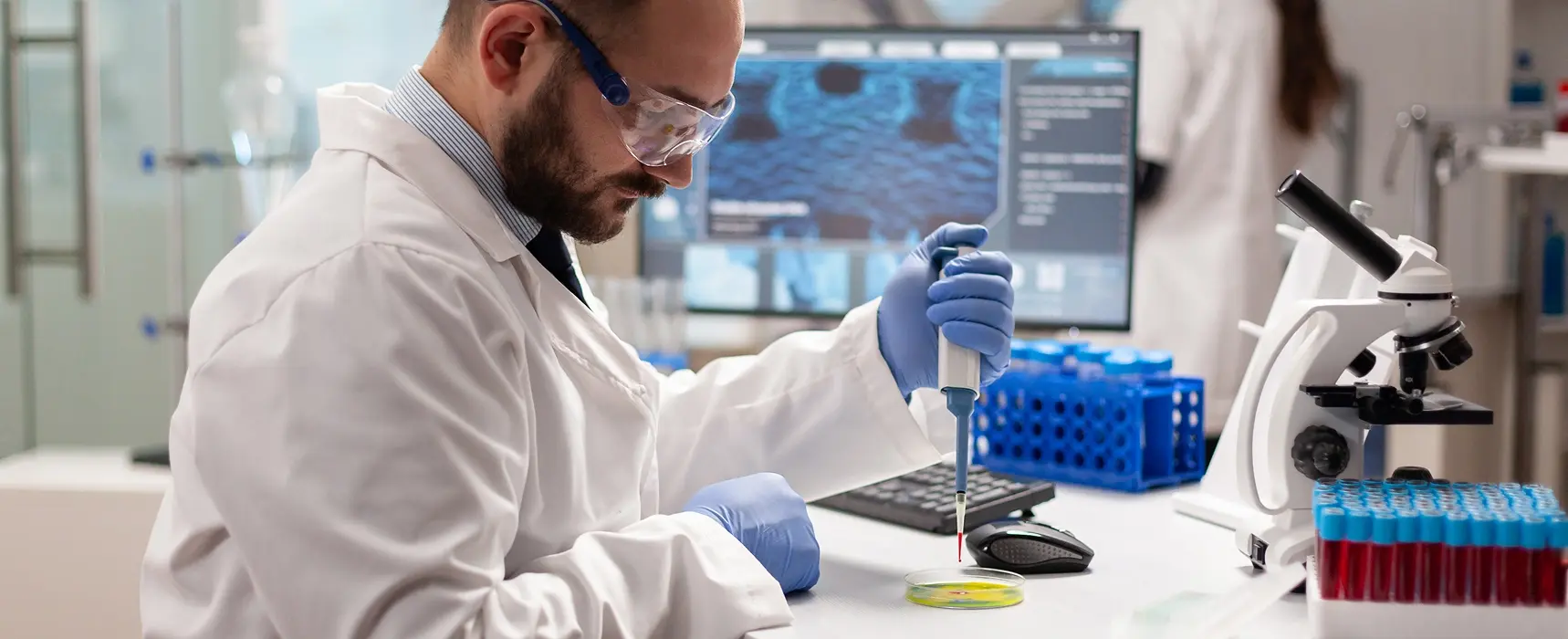Bringing new life into the world through science is no longer a distant dream; it has become a daily reality in fertility clinics around the globe. Behind every couple’s hopeful journey lies the expertise of clinical embryologists, the professionals who handle the most delicate stages of human life. But this role requires specialized and rigorous training.
Clinical embryology courses are designed to turn curious minds into capable hands. These programs go far beyond theory, combining science, precision, and compassion to prepare students for the unique challenges of working in an IVF lab.
This article explains how these courses lay the foundation for a successful embryology career.
Laying the Scientific Foundation for Lab Success
Embryology is a field that combines biology, genetics, medicine, and hands-on lab skills. Clinical embryology courses provide a well-rounded foundation in all these areas. Students begin by diving deep into reproductive biology, human development, endocrinology, and the science of fertilization. But theoretical knowledge alone won’t help in an IVF lab, and that is why these courses put a strong emphasis on practical and hands-on training. From handling gametes (sperm and eggs) to culturing embryos and managing cryopreservation, students learn how to perform critical procedures under real or simulated lab conditions. By the time they complete the course, they are fully prepared to step into the lab with confidence.
Understanding IVF Equipment and Lab Protocols
IVF labs have sophisticated equipment like incubators, micromanipulators, cryotanks, microscopes, and more. Knowing how to use these machines is critical in this field of science. Clinical embryology courses offer students direct exposure to this equipment and teach them how to operate it safely and effectively.
Moreover, they also learn to follow strict lab protocols. In IVF, contamination or mishandling can affect embryo viability. So, students need to be trained to work in sterile environments, understand quality control systems, and maintain meticulous records. It teaches them to be careful and responsible, which is crucial when dealing with human life at its earliest stages.
Training in Critical IVF Techniques
A major part of an embryologist’s job involves complex lab techniques such as Intracytoplasmic sperm injection (ICSI), Embryo culture and grading, Blastocyst transfer, Embryo freezing and thawing (cryopreservation), Assisted hatching. That being said, these skills are not something you can pick up from textbooks and theory lessons. Therefore, clinical embryology courses include hands-on workshops, simulations, and sometimes real-life clinical placements to teach these techniques. This way, students get the chance to develop their hand-eye coordination, microscope handling, and decision-making skills in a safe and structured environment.
Building Ethical Awareness and Communication Skills
Working in an IVF lab is not just about science but also demands ethical responsibility and emotional intelligence. From handling sensitive patient data to making judgment calls during embryo selection, embryologists often face ethically challenging situations. To prepare for these real-world scenarios, clinical embryology courses commonly include case studies and ethics modules. This helps students develop both critical thinking and empathy, shaping them into not only skilled scientists but also compassionate professionals.
Not only that, it is equally important to have the ability to work collaboratively. Embryologists are part of a multidisciplinary team that includes fertility specialists, nurses, and counselors. Leading clinical embryology programs emphasize strong communication and teamwork skills, making sure students are prepared to collaborate effectively in clinical environments. Additionally, they are trained to explain complex scientific information in a way that is understandable to non-scientific audiences, such as patients or administrative staff, promoting trust, transparency, and a smoother patient experience.
Preparing for Success in the Fertility Industry
One of the most valuable aspects of clinical embryology courses is their focus on career preparation. Many programs include internships, mentoring, and networking opportunities with established IVF clinics and professionals.
Some institutions even invite guest lecturers from the fertility industry to discuss trends, challenges, and innovations. This gives students a realistic view of their future career path and a clear understanding of what is expected in a professional lab setting.
Conclusion
Becoming an embryologist means stepping into one of the most delicate and rewarding roles in healthcare. It is a career that blends cutting-edge science with deep human impact. Clinical embryology courses serve as the foundation for this journey, equipping students with the skills, knowledge, and mindset needed to thrive in IVF labs.
Whether you are a science graduate exploring your next step or a medical professional considering a specialized path, investing in a strong clinical embryology course could be your first step toward a career that changes lives.
Interested in pursuing clinical embryology? Yenepoya University offers clinical embryology courses in collaboration with MOMSOON Academy that combine hands-on lab training, mentorship from industry leaders, and real-world career insights. Explore our programs today.






